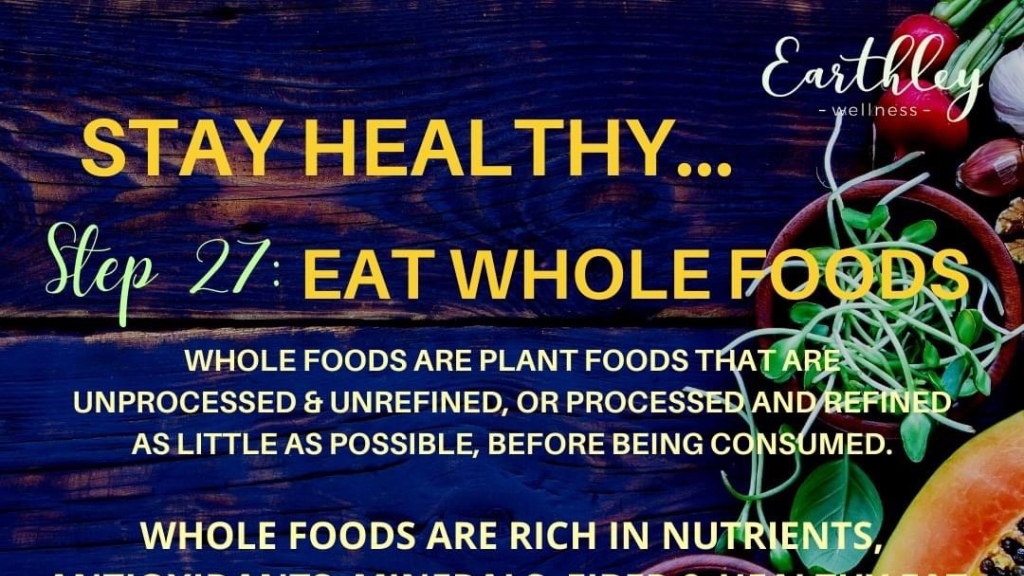
Building healthier meals often involves navigating the maze of processed and packaged foods that dominate our grocery stores. However, a growing body of evidence suggests that a shift towards whole foods can have significant health benefits. This approach involves shopping the perimeter of the store, focusing on fresh, unprocessed foods, and adopting a diet rich in nutrients while minimizing the intake of preservatives and additives.
Why a Whole Food, Plant-Based Diet?
A plant-based diet, often lauded as the healthiest approach to eating, offers benefits beyond mere weight loss. Studies have shown that a plant-based diet can lower blood pressure, reduce the risk of developing cardiovascular disease and type 2 diabetes, and aid weight loss. This diet is not only good for our health but also for the environment, and it has been embraced by many celebrities. However, it’s important to note that for current meat eaters, completely dismissing animal foods can make mealtimes stressful and make it challenging to source micronutrients that are hard to come by in plant-based foods.
The Power of Whole Foods for Weight Loss
Whole foods play a crucial role in a healthy diet, particularly when it comes to weight loss. They help maximize caloric intake with high-volume, low-calorie foods, nourishing the body effectively. This approach debunks common weight loss myths and provides effective tips for creating a weight loss diet from scratch. With a diet high in whole foods, there is potential for significant weight loss without counting calories.
Nutrition and Mental Health: The Whole Foods Connection
Whole foods also significantly impact mental health. Processed foods and sugar, on the other hand, can have detrimental effects on mental well-being. There is a strong connection between gut health and mental health, and a diet rich in whole foods can help maintain a healthy gut, thus promoting better mental health. Students, despite tight budgets and food deserts, can incorporate whole foods into their diets.
Heart-Healthy Eating with Whole Foods
Heart-healthy eating is crucial for maintaining a strong heart. Processed and saturated foods can raise bad cholesterol and triglyceride levels, increasing the risk of heart-related problems. Whole foods and plant-based eating are recommended for a heart-healthy diet, with an emphasis on fruits, vegetables, whole grains, and lean proteins. Small changes over time, like swapping out a regular meal with a plant-based one once a week, can lead to long-term benefits for heart health.
The Atlantic Diet: A Fresh Take on Whole Foods
The Atlantic diet is a new option for people looking to improve their nutrition. Inspired by the eating habits of people living in parts of Spain and Portugal, this diet focuses on whole, unprocessed, and fresh foods, including fruits, vegetables, nuts, whole grains, fish, dairy, eggs, olive oil, and other seasonal nutrition sources. It incorporates carbs and starches as foundational foods and promotes communal eating. After six months, those who followed the Atlantic diet had a significantly decreased risk of developing metabolic syndrome.
In conclusion, shifting towards a diet rich in whole foods can have a profound effect on our overall health. From weight loss and heart health to mental well-being, the benefits are clear. Whether you choose to go fully plant-based or adopt a diet like the Atlantic diet, the key is to focus on unprocessed, nutrient-dense foods for a healthier life.
